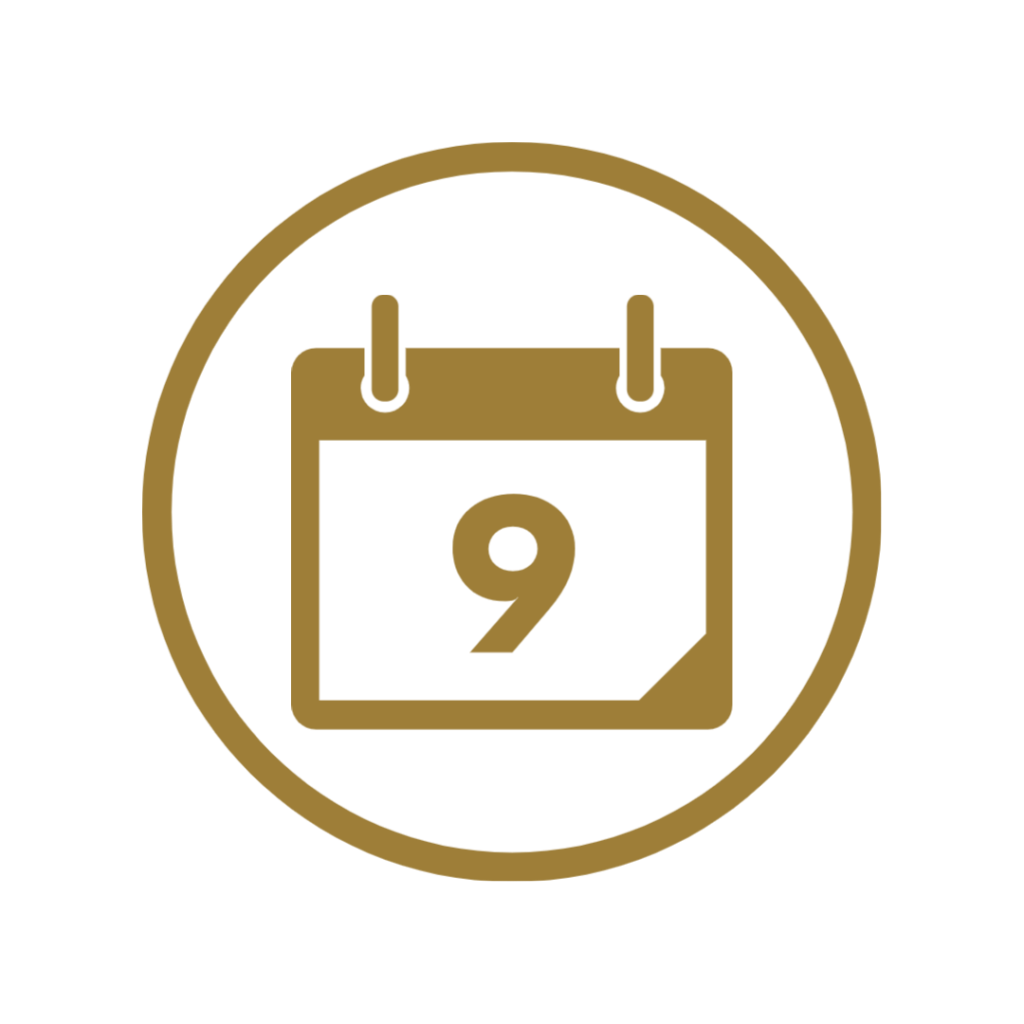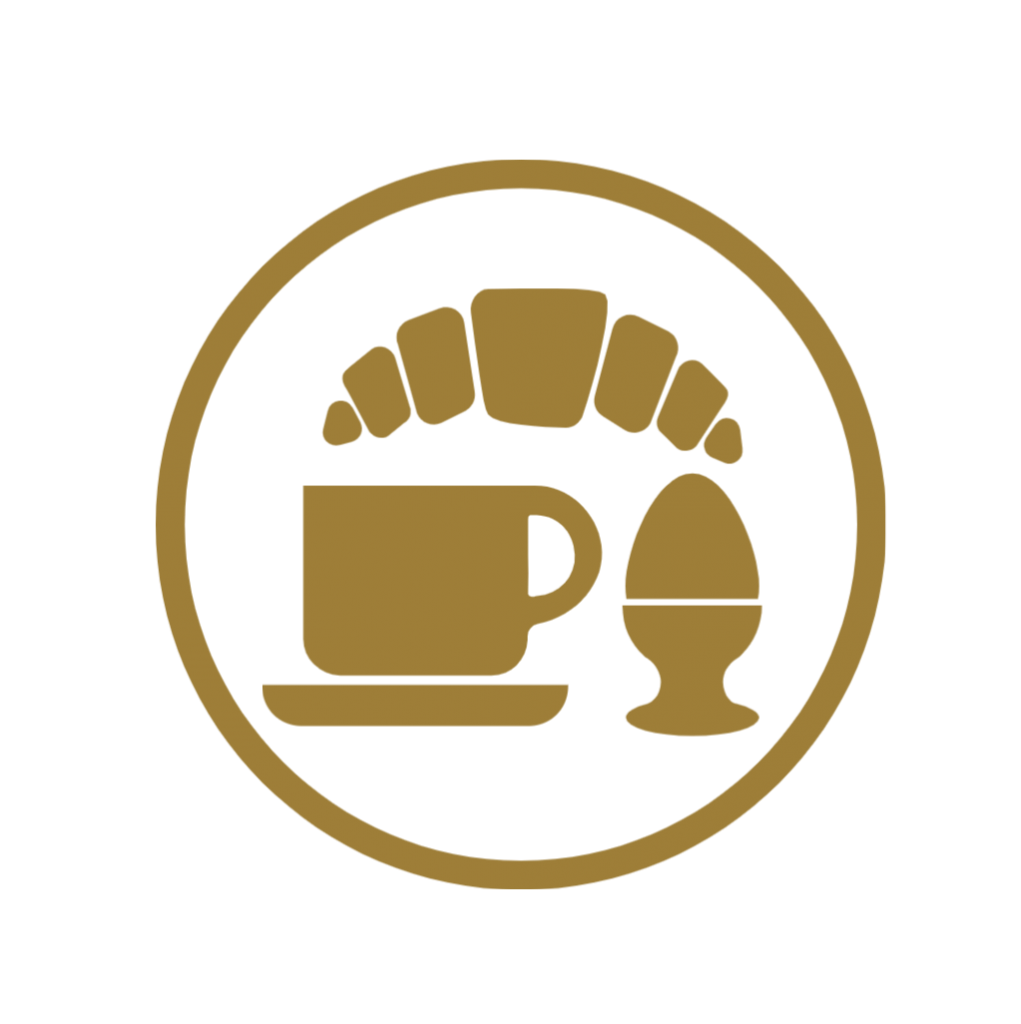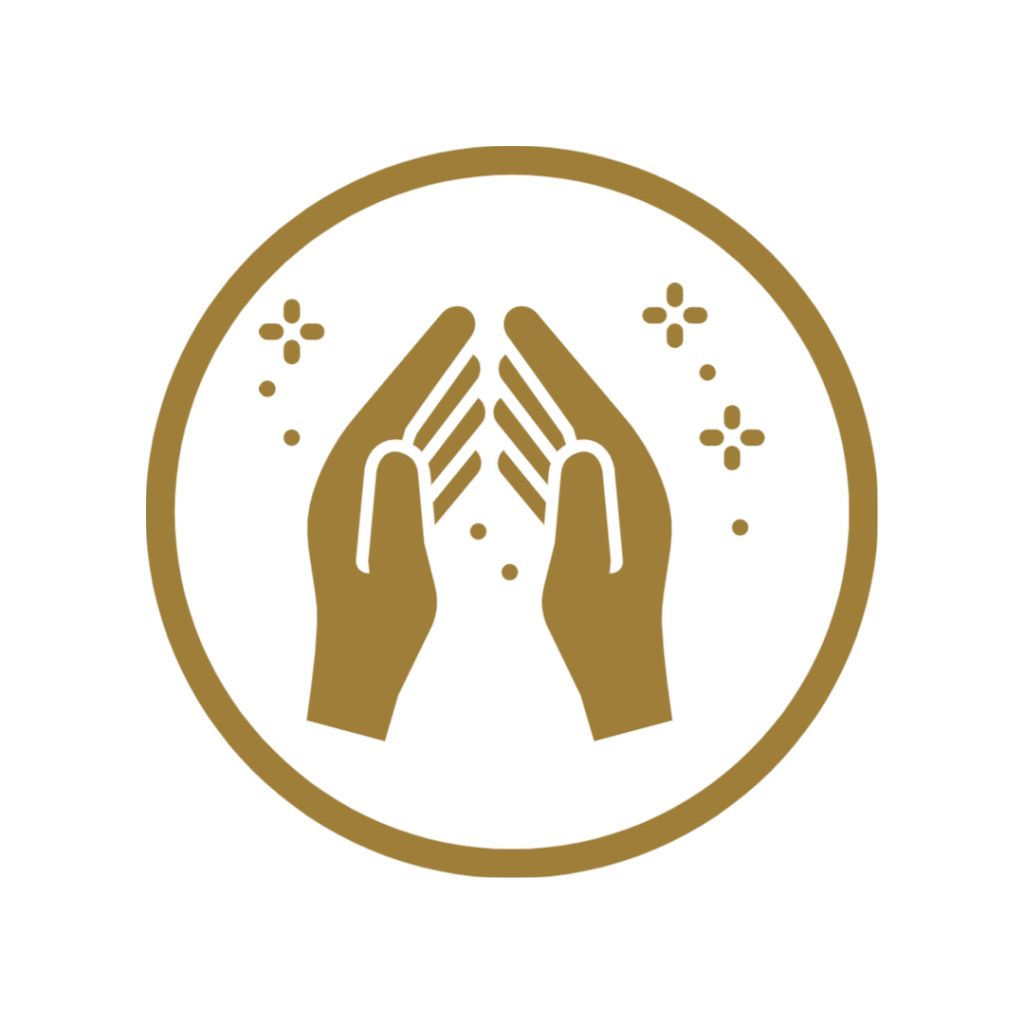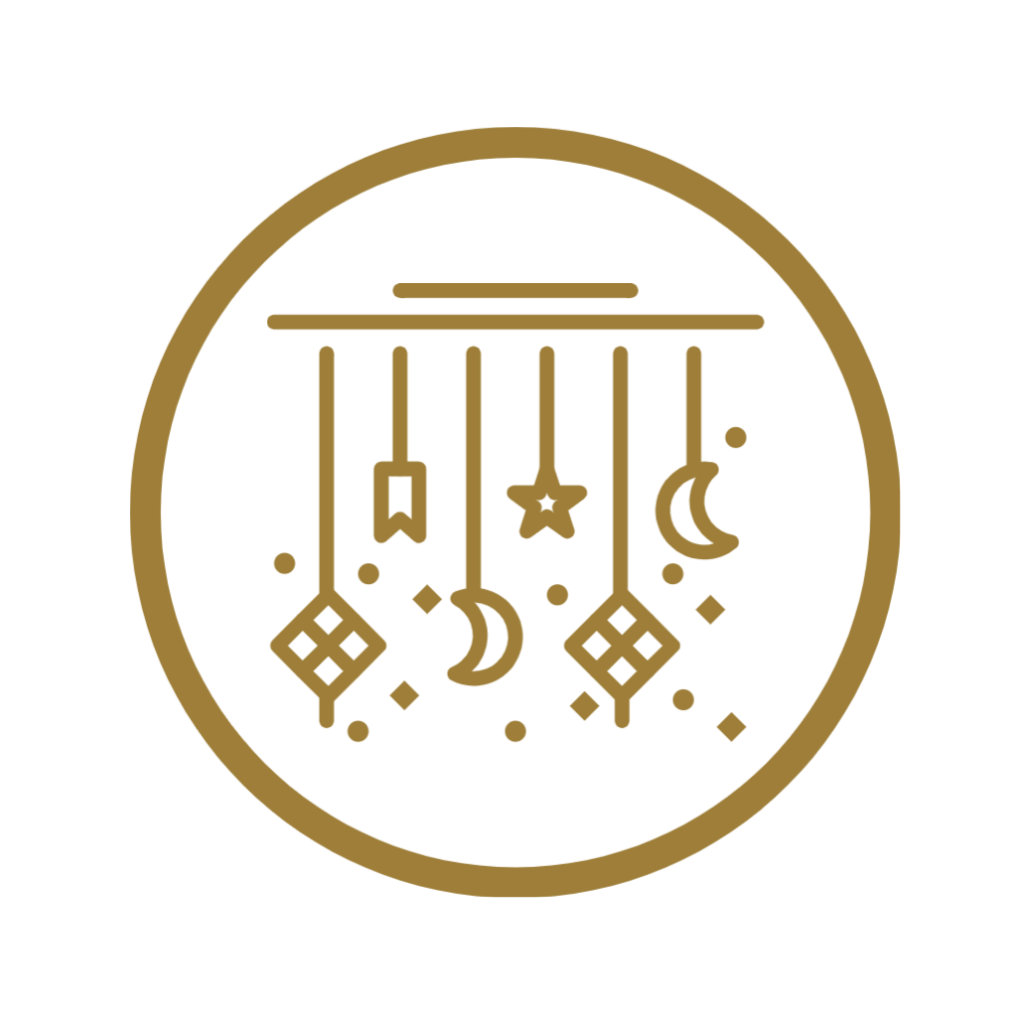What is Ramadan?
Ramadan is the holiest month of the Islamic calendar, and falls in the 9th month for a period of 28 to 30 days. During this month, Muslims fast from food and drink from dawn to sundown. Fasting for Ramadan is one of the five pillars of Islam.

Many Muslims begin their fast with a meal called Suhoor. This typically consists of breakfast foods such as eggs, bread, cereal, etc. Throughout the day Muslims abstain from eating food, drinking, smoking, lying, anger, gossip, bad language, and sexual intercourse. Muslims use this time to focus on prayer, reading the Qur’an, and increasing their spirituality and relationship with God.

At sundown Muslims break their fast with a date or water, following the example of the Prophet Muhammad (pbuh). Then they enjoy the Iftaar meal with their friends and family. Ramadan is a time to focus on God, expressing gratitude, and of giving charity.

There are exceptions for those who cannot fast such as the elderly, children, those that are pregnant or breastfeeding, people on their menstrual cycles, folks with other illnesses, and anyone that is travelling. In some cases Muslims may make-up these fasts at a later date. For those who cannot fast, they provide a monetary compensation for a month’s worth of food to someone in need.

At the end of the month Muslims celebrate Eid al-Fitr with their friends, family, and community members. There is no fasting on this day. There is an optional prayer in the morning, and then folks enjoy eating foods and sweets together. In some cultures, children may be given gifts or money.

To learn more about how our students observe Ramadan while at Wake Forest, visit our Ramadan page.
